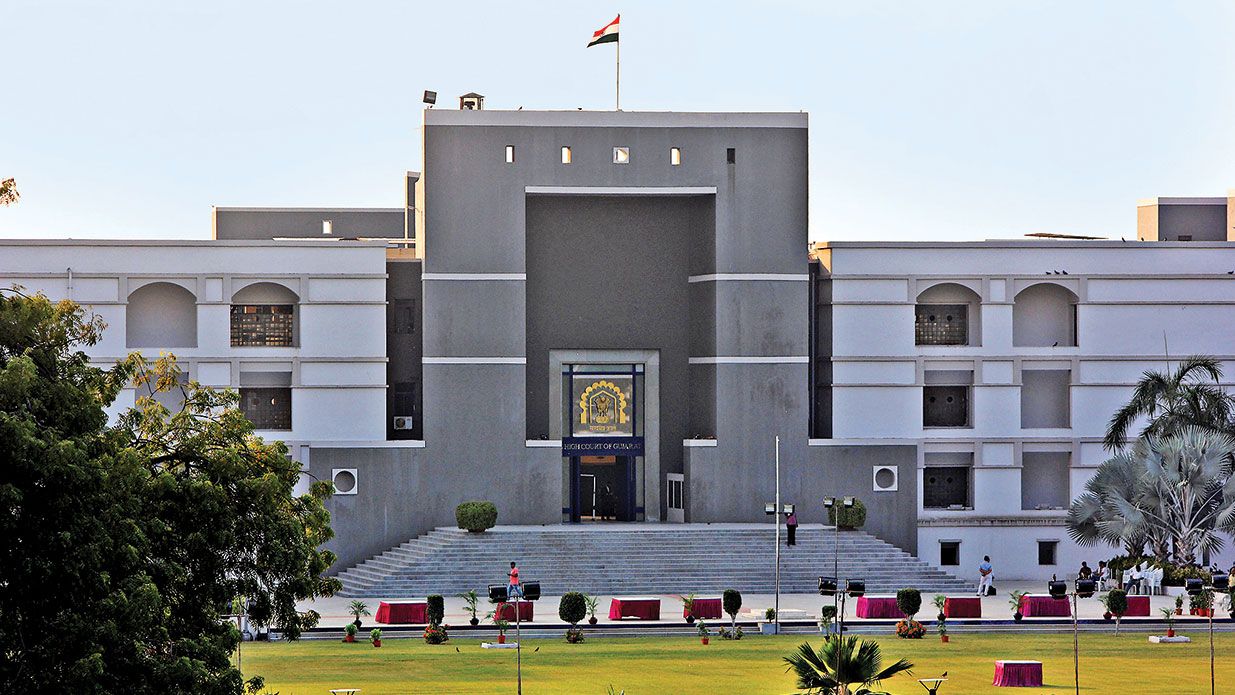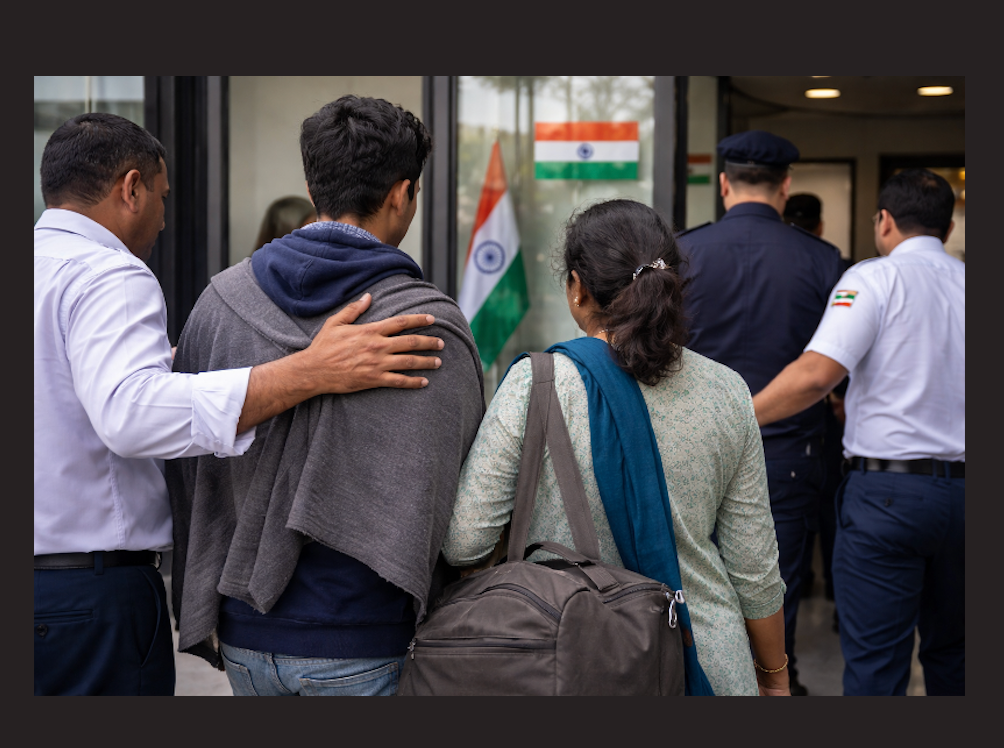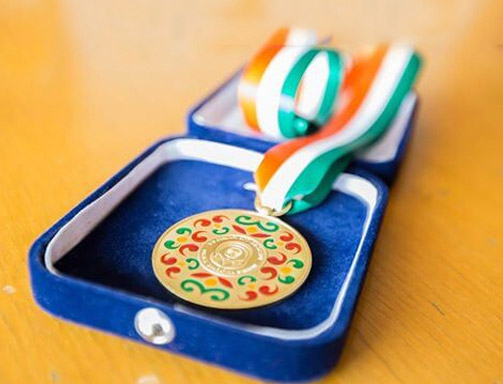This clarifies that only those with origins from Gujarat, possessing Gujarat domicile, or being Indian citizens can access the government’s quota for medical seats
The Gujarat High Court has affirmed state government norms ruling that Overseas Citizens of India (OCI) can only pursue medical admissions under the Non-Resident Indian (NRI) category. This clarifies that only those with origins from Gujarat, possessing Gujarat domicile, or being Indian citizens can access the government’s quota for medical seats, reported ahmedabadmirror.com.
Four years ago, the controversy started when an OCI initiated litigation. The recent ruling by a bench of Chief Justice Sunita Agrawal and Justice Aniruddha Mayee dealt with the case. The legal proceedings revolved around Vatsa Shah, who, through her father Bhavesh, applied for MBBS admission under the government quota for 2019-20. Shah, an OCI with a British passport, was born in Gujarat. She completed her 10th-grade exams from the IGCSE Board and her 12th-grade exams from the Gujarat Board, with both schools located within the state.
-
The court rules that potential candidates must be Indian citizens, though exceptions can be made for NRI applicants or their children
-
Notably, they must also either be born in Gujarat or hold its domicile
Having scored 543 marks in the NEET, Shah sought MBBS admission. However, she faced rejection due to her OCI status. Subsequently, she approached the admission committee as an NRI applicant. Despite her efforts to secure a government quota seat, the High Court denied her request, instructing her to submit a renewed appeal to the committee.
Eventually, Shah secured admission under the NRI quota. Yet, she returned to the Gujarat High Court, referencing a 2017 rule which she believed allowed even NRIs to be considered for government quota seats. Specifically, she highlighted sub-section 1 of Section 4 of the Gujarat Professional Medical Educational Colleges or Institutions Act 2007.
This rule states that potential candidates must be Indian citizens, though exceptions can be made for NRI applicants or their children. Notably, they must also either be born in Gujarat or hold its domicile. However, given Shah’s British citizenship, a single-judge bench determined that she couldn’t be considered for a government seat.
Shah challenged this decision before a two-judge panel which concluded that for government seat admissions, the candidate must be an Indian citizen. For any seat outside the NRI category, applicants must be Indian citizens.
**************************************************
Readers
These are extraordinary times. All of us have to rely on high-impact, trustworthy journalism. And this is especially true of the Indian Diaspora. Members of the Indian community overseas cannot be fed with inaccurate news.
Pravasi Samwad is a venture that has no shareholders. It is the result of an impassioned initiative of a handful of Indian journalists spread around the world. We have taken the small step forward with the pledge to provide news with accuracy, free from political and commercial influence. Our aim is to keep you, our readers, informed about developments at ‘home’ and across the world that affect you.
Please help us to keep our journalism independent and free.
In these difficult times, to run a news website requires finances. While every contribution, big or small, will makes a difference, we request our readers to put us in touch with advertisers worldwide. It will be a great help.
For more information: pravasisamwad00@gmail.com








